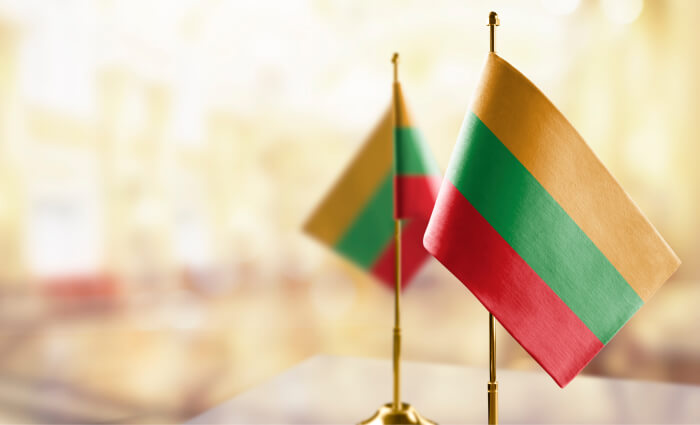Free Quote : +4 (031) 229 94 13
-
-
Email Address : [email protected]

Free Quote : +4 (031) 229 94 13
Email Address : [email protected]
Lithuanian citizenship opens up many opportunities for its holders. Those include free movement and work in the EU, access to social guarantees and medical care. It also gives the right to visa-free entry to most countries in the world. This makes it particularly attractive for those who value freedom and comfort while traveling.
How to get Lithuanian citizenship? One of the most attractive ways is repatriation. It allows the descendants of its natives to restore their connection with their historical homeland. This is how this method gives you a Lithuanian passport. But also, it returns you to your grounds, allowing you to become part of a centuries-old culture.
It can be quite difficult to understand how to deal with all the legal intricacies of the process of getting Lithuanian citizenship on your own. Documenting ethnicity and other legal aspects needs expertise. In such situations, migration companies specializing in citizenship can be of great assistance. They will help you to get all the necessary documents, go through all the stages of the procedure, and avoid possible mistakes.
In this article, we will answer the question “How to get Lithuanian citizenship?”. So, we suggest that you familiarize yourself with the requirements to be fulfilled and the stages to be passed on the way to obtaining an EU passport.

To get Lithuanian citizenship, you need to prepare a number of documents confirming your origin. First of all, it is a copy of your passport that proves your identity. Next, the applicant's birth certificate, as well as one of the parents or grandparents who were nationals of Lithuania, are required. These documents are the basis for confirming your right to Lithuanian citizenship.
If you or any relatives have changed their name, you should provide a marriage certificate or other documents confirming that fact. In some cases, additional materials may be required to fully prove kinship or other relevant circumstances. It is important to take into account all the requirements in order to properly complete an application for Lithuanian citizenship.
To get a passport of Lithuania, you have to go through several important stages, each of which has its own special requirements. Below you will find a detailed description of them:

Getting Lithuanian citizenship requires a careful approach and compliance with all procedures. The key is the correct execution of documents and alignment with legal requirements. Lithuanian citizenship is an opportunity to access numerous benefits within the EU.